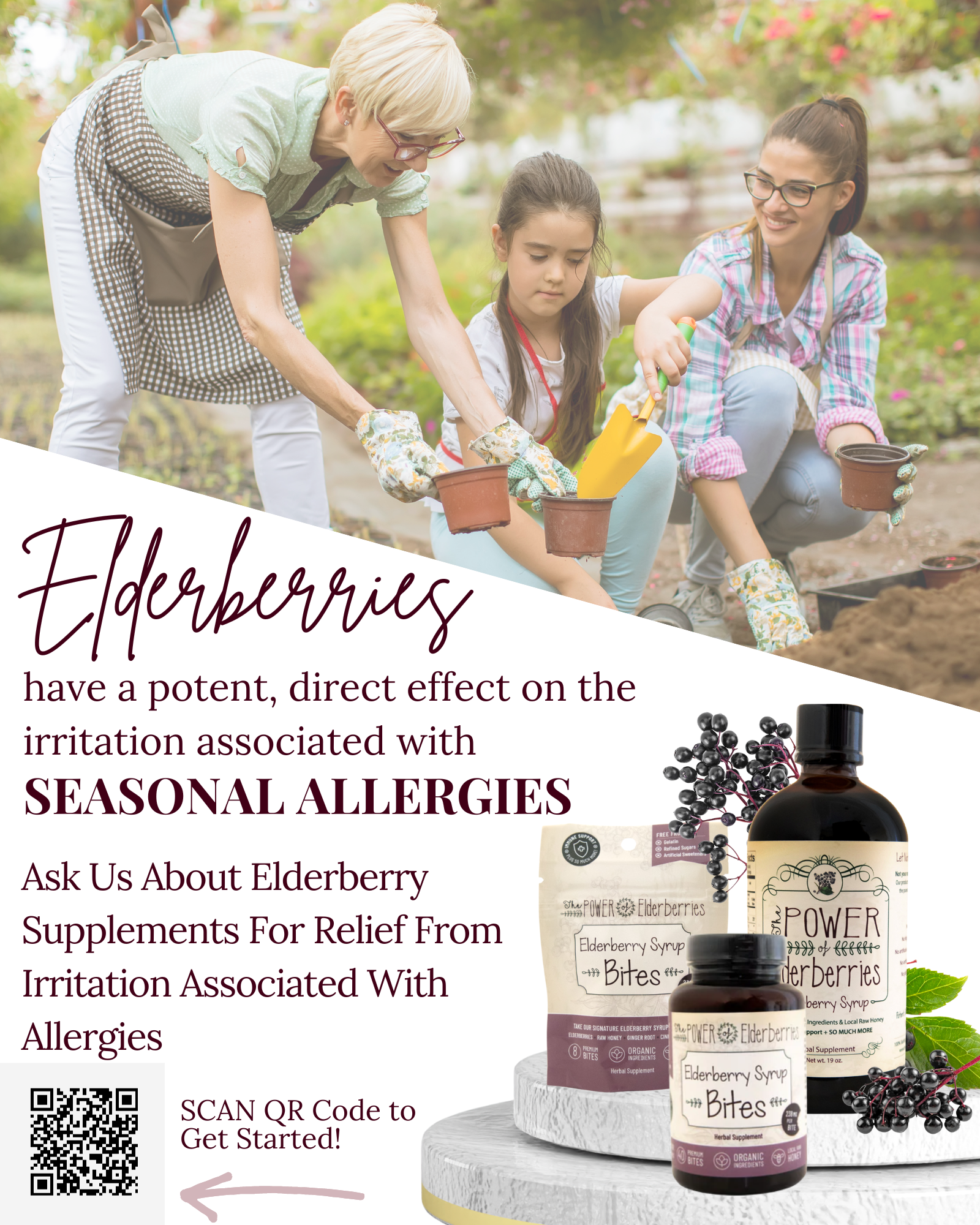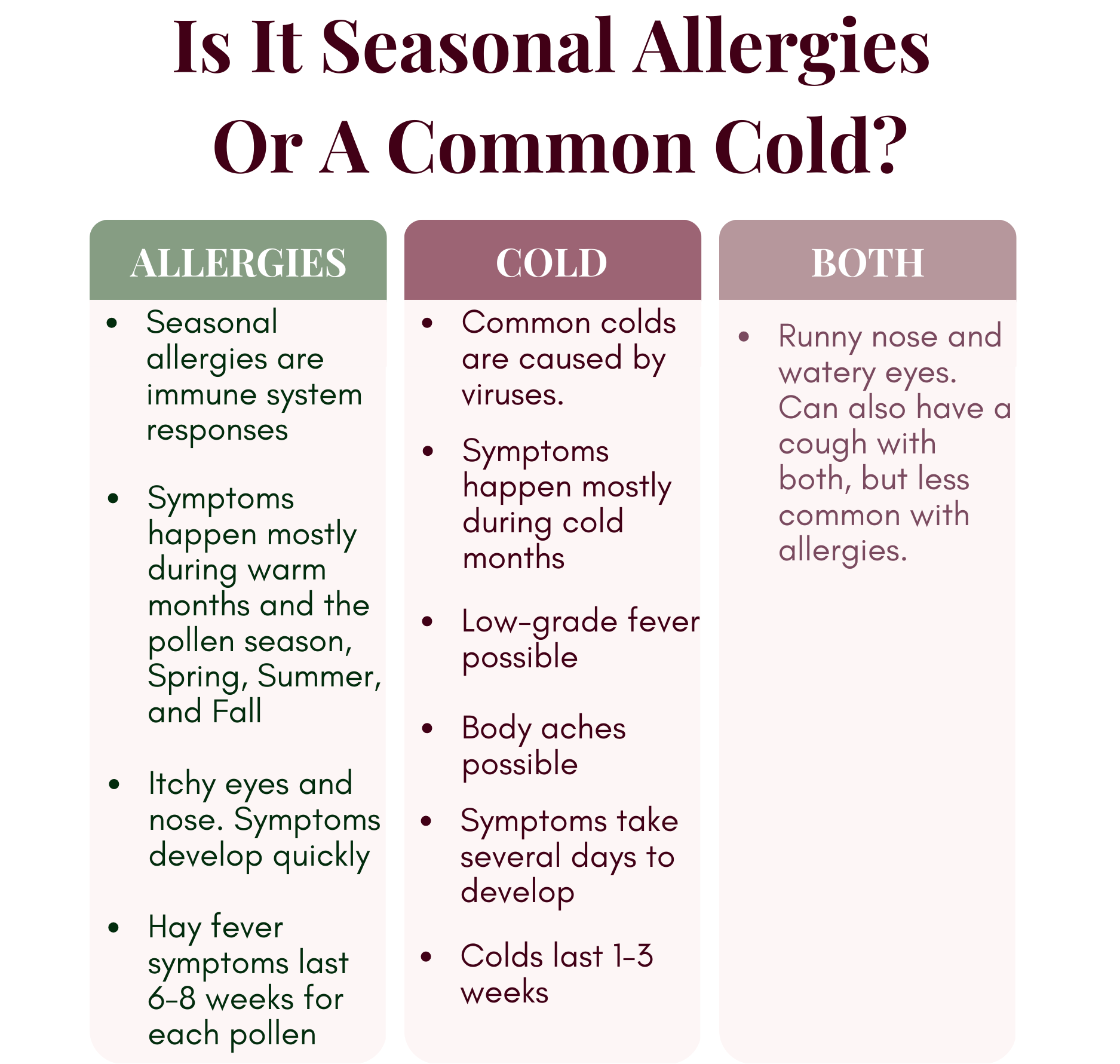Elderberry: A Natural Medicine for Allergies
With an increasing interest in natural remedies, elderberry has emerged as a powerful ally in the fight against allergic reactions. This article delves into the efficacy of elderberry as a natural remedy for allergies, backed by scientific studies, while also highlighting its other health benefits.

In the world of health and wellness, allergies are a common concern for many people. With an increasing interest in natural remedies, elderberry has emerged as a powerful ally in the fight against allergic reactions. This article delves into the efficacy of elderberry as a natural remedy for allergies, backed by scientific studies, while also highlighting its other health benefits.
Understanding Allergies and Conventional Treatments
Allergies occur when the immune system reacts to a foreign substance, such as pollen, pet dander, or certain foods. Common symptoms include sneezing, itching, red eyes, and various skin rashes. Traditional medicine offers several types of treatments for these symptoms, such as antihistamines (allergy pills), corticosteroids (allergy drugs), and decongestants. These medications are effective but often come with side effects, leading many to seek natural alternatives.
Elderberry: A Natural Allergy Relief
Elderberry, scientifically known as Sambucus nigra, has been used for centuries in traditional medicine for its health benefits. Recent studies have suggested that elderberry possesses anti-inflammatory and antioxidant properties, making it a promising natural treatment for allergic reactions.

Scientific Evidence Supporting Elderberry for Allergies
Anti-Inflammatory Properties: Elderberry contains compounds that may reduce inflammation, a key factor in allergic responses. A study published in the Journal of Functional Foods found that elderberry extract significantly reduces the production of nitric oxide, a marker of inflammation, in the body.
Immune System Modulation: Elderberries are rich in vitamins and antioxidants, particularly vitamin C and flavonoids, which can strengthen the immune system. This can help modulate the body's response to allergens, reducing the severity of allergic symptoms.
Antihistamine Effects: Some research suggests that elderberry may have natural antihistamine properties. By inhibiting the release of histamines, it can help alleviate sneezing, itching, and other allergy symptoms.
Other Health Benefits of Elderberry
Apart from its potential in treating allergies, elderberry offers several other health benefits:
Boosts Immune Function: Rich in antioxidants and vitamins, elderberry can enhance the immune system's ability to fight infections.
Heart Health: Some studies suggest that elderberry can improve heart health by reducing cholesterol levels and blood pressure.
Anti-Viral Properties: Elderberry has been found effective against various strains of influenza, making it a valuable remedy during flu seasons.

How to Use Elderberry for Allergies
Elderberry can be consumed in various forms, including syrups, capsules, lozenges, and teas. For allergy relief, it's recommended to start with a small dose to ensure no adverse reactions, especially for those with autoimmune diseases or pregnant women.
While conventional allergy medications remain popular, elderberry presents a natural and potentially effective alternative for those seeking to manage their allergies through more holistic means. With its array of health benefits and growing support from scientific studies, elderberry is well-positioned as a beneficial supplement for those affected by allergies and other health concerns. As with any supplement, it's advisable to consult with a healthcare professional before starting any new treatment, especially for those with existing health conditions or those on medication.
Do You Suffer from Seasonal Allergic Rhinitis (HAY FEVER) ?
A runny or stuffy nose, sneezing, itching, and watery, red, or swollen eyes are all hallmark signs of seasonal allergic rhinitis, an overreaction of the immune system due to foreign substances. Seasonal allergic rhinitis, commonly referred to as hay fever, involves pollen from trees, grass, weeds, and molds and can last 4 to 8 weeks. Allergens from pets can also cause symptoms when an individual is exposed to a specific animal for a brief period.
Allergens from house dust can cause year-round symptoms and are referred to as perennial allergic rhinitis. Allergies result in inflammation in our skin, sinuses, airways, and digestive system.Symptoms can be burdensome and while few mimic the common cold, the runny nose, watery eyes, and less common cough are undesirable symptoms of both allergies and the cold. Onset, duration, and time of year also play factors in determining whether symptoms are consistent with seasonal allergies or the common cold.

A holistic approach to allergies, include taking elderberry supplements and taking a proactive approach to care.
Dealing with allergies using a holistic approach involves a combination of lifestyle changes, natural remedies, and sometimes dietary adjustments. While elderberry supplements are one component, there are several other strategies that can be employed:
- Dietary Changes: A diet rich in anti-inflammatory foods can help manage allergy symptoms. Foods like ginger, garlic, turmeric, and omega-3 rich foods (like salmon and flaxseeds) may reduce allergic reactions. Including a variety of fruits and vegetables, which are high in antioxidants, can also be beneficial.
- Local Honey: Consuming local honey is believed to help build immunity against local allergens. The idea is that by ingesting small amounts of local pollen through honey, your body can adapt to these allergens.
- Probiotics: Gut health is closely linked to the immune system. Probiotics, found in foods like yogurt, kefir, and fermented vegetables, can help strengthen the gut microbiome, potentially reducing allergic responses.
- Neti Pot: Using a neti pot with a saline solution can help clear nasal passages of allergens and irritants. This can be particularly helpful for nasal allergies.
- Quercetin: Quercetin is a natural bioflavonoid that can help stabilize mast cells and prevent them from releasing histamine. It is found in foods like onions, apples, and berries.
- Acupuncture: Some people find relief from allergy symptoms through acupuncture. This traditional Chinese medicine technique is believed to balance the body's energy pathways, possibly reducing allergic reactions.
- Stress Management: Stress can exacerbate allergic reactions. Techniques like yoga, meditation, and deep breathing exercises can help manage stress levels, thereby potentially reducing the severity of allergy symptoms.
- Essential Oils: Certain essential oils, like peppermint, eucalyptus, and lemon, can help open airways and relieve congestion. However, they should be used cautiously as they can sometimes trigger allergic reactions in sensitive individuals.
- Herbal Teas: Herbal teas, especially those containing stinging nettle, can be effective in managing allergy symptoms. Stinging nettle has natural antihistamine properties.
- Physical Activity: Regular exercise can improve overall health and strengthen the immune system, which can help the body cope with allergens.
- Avoiding Allergens: Identifying and avoiding specific allergens is a crucial step. This may involve reducing exposure to pollen, dust mites, pet dander, or certain foods.
- Hydration: Staying well-hydrated is essential for overall health and can also thin nasal mucus, making it easier to expel allergens.
Remember, it's important to consult with a healthcare professional before starting any new health regimen, especially if you have existing health conditions or are taking other medications. The effectiveness of these holistic approaches can vary from person to person.
Want more information please visit benefitsofelderberry.com
You might also like this article:





